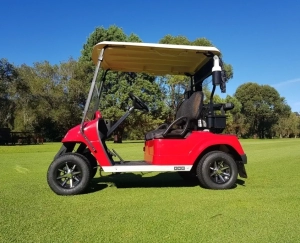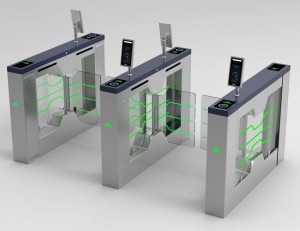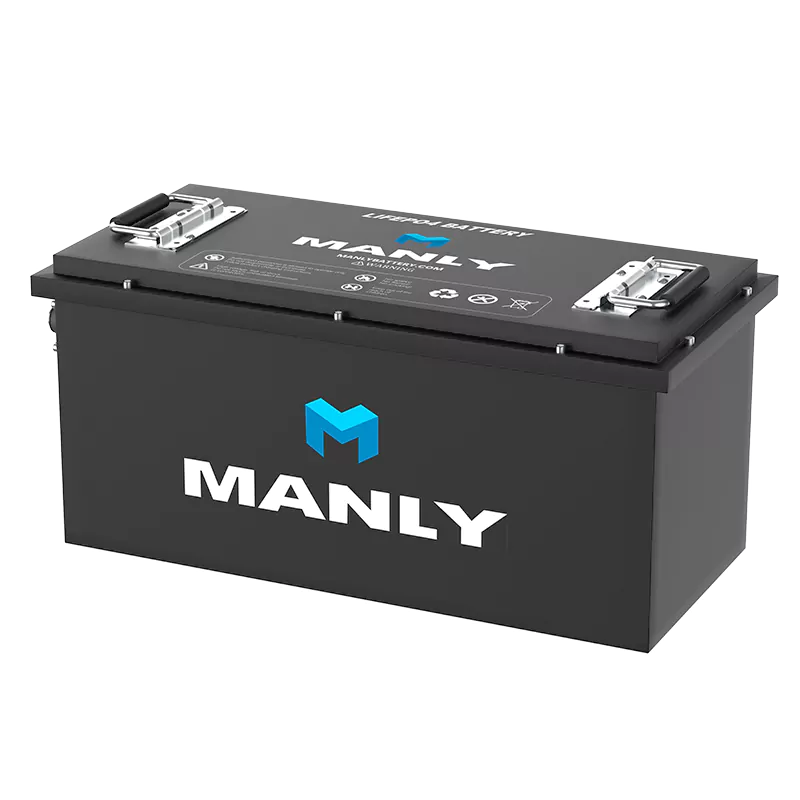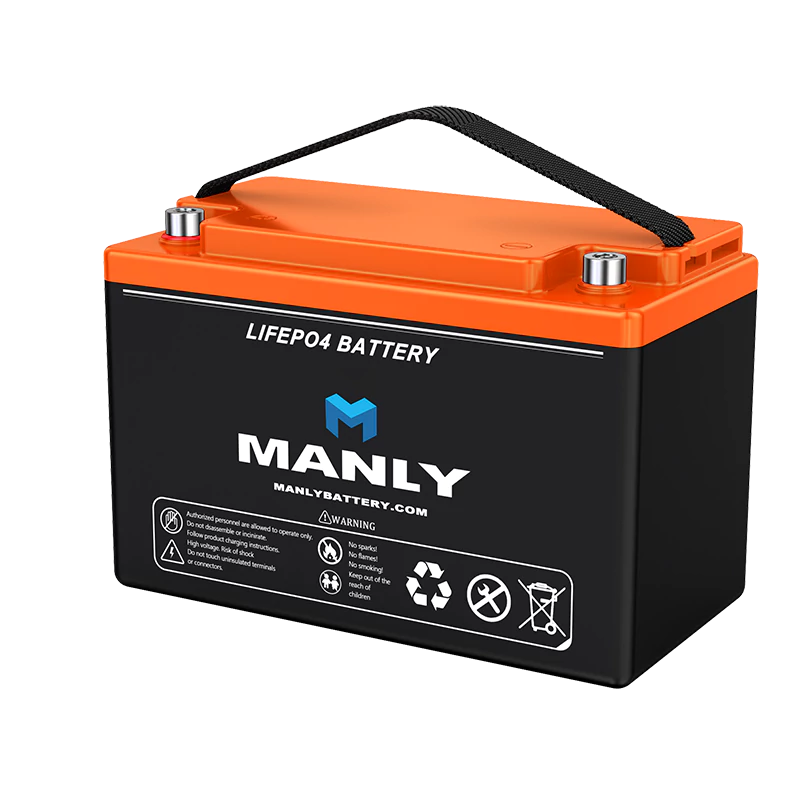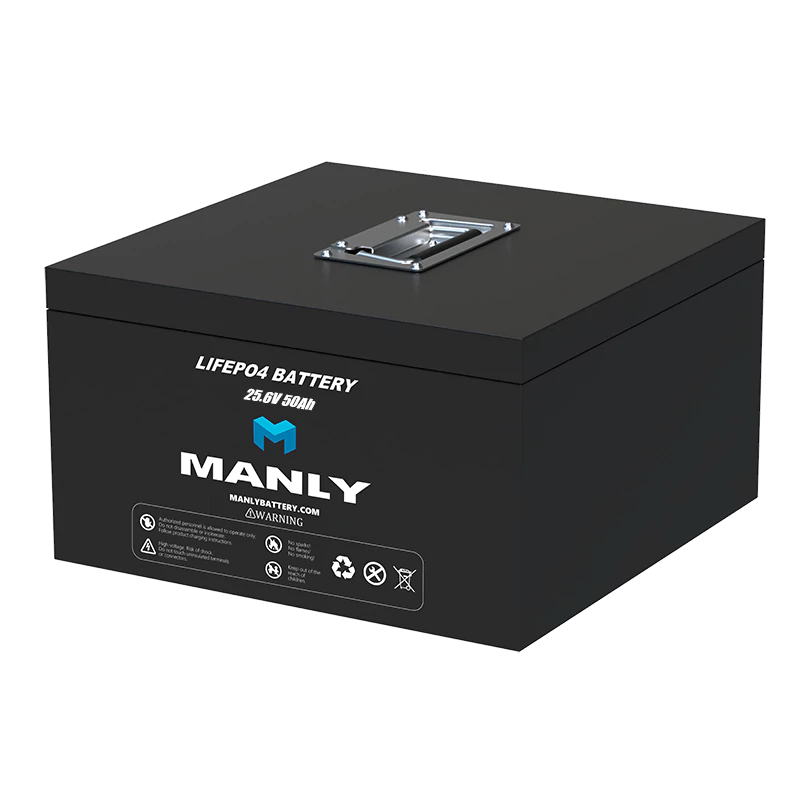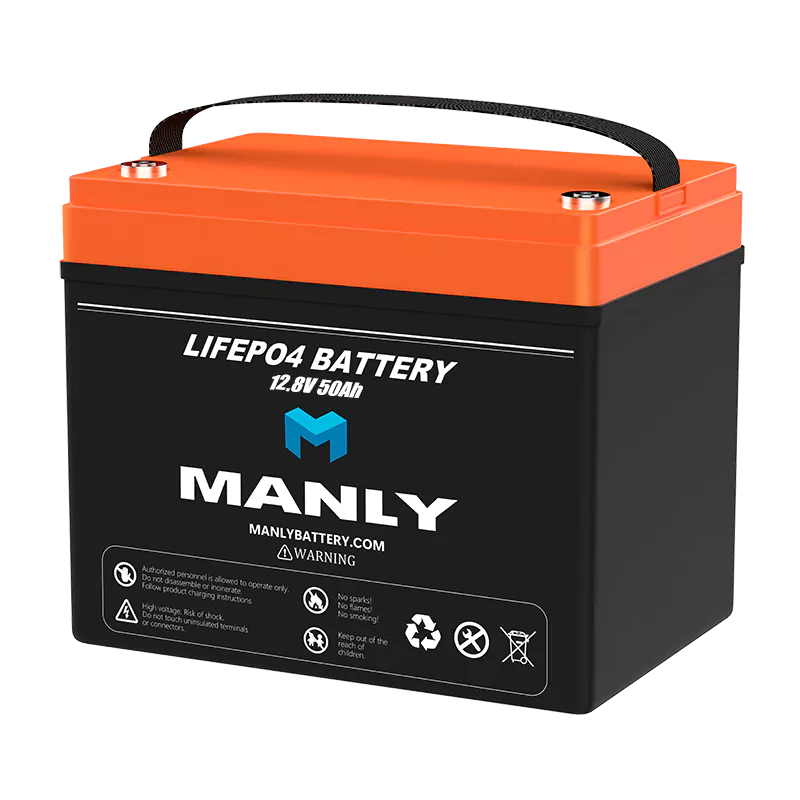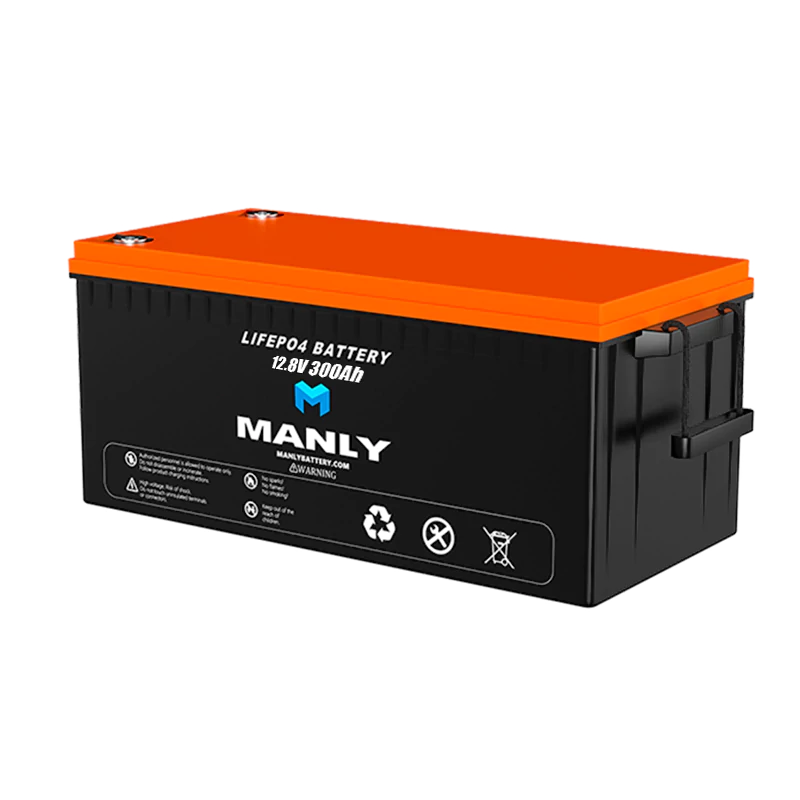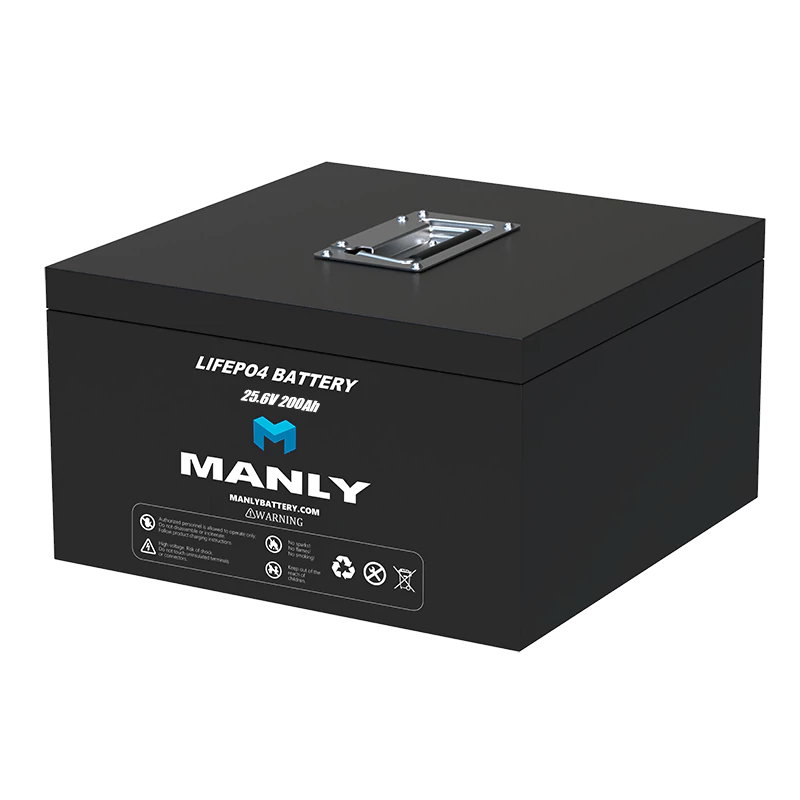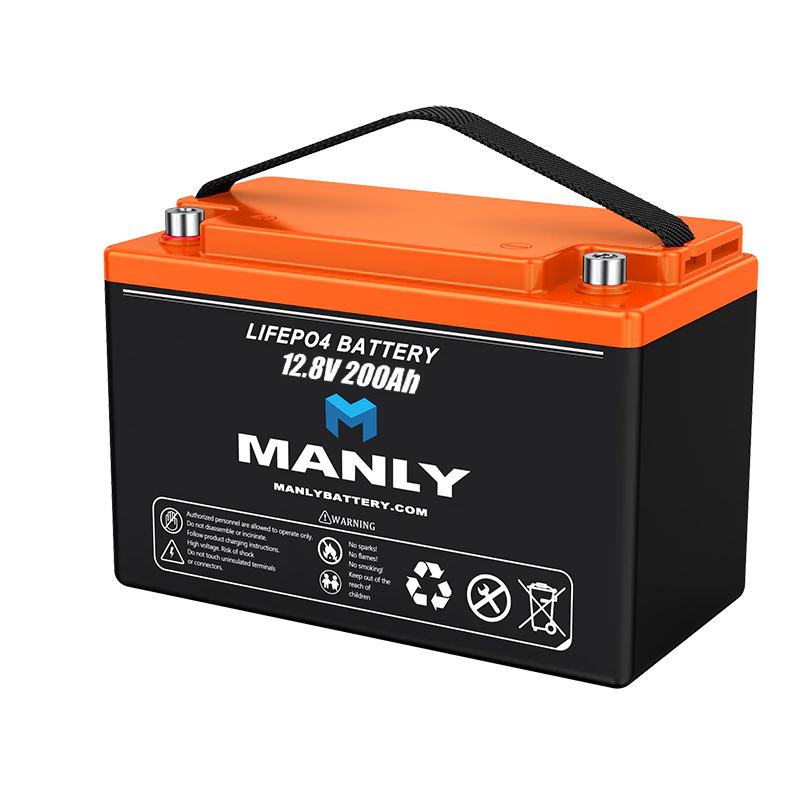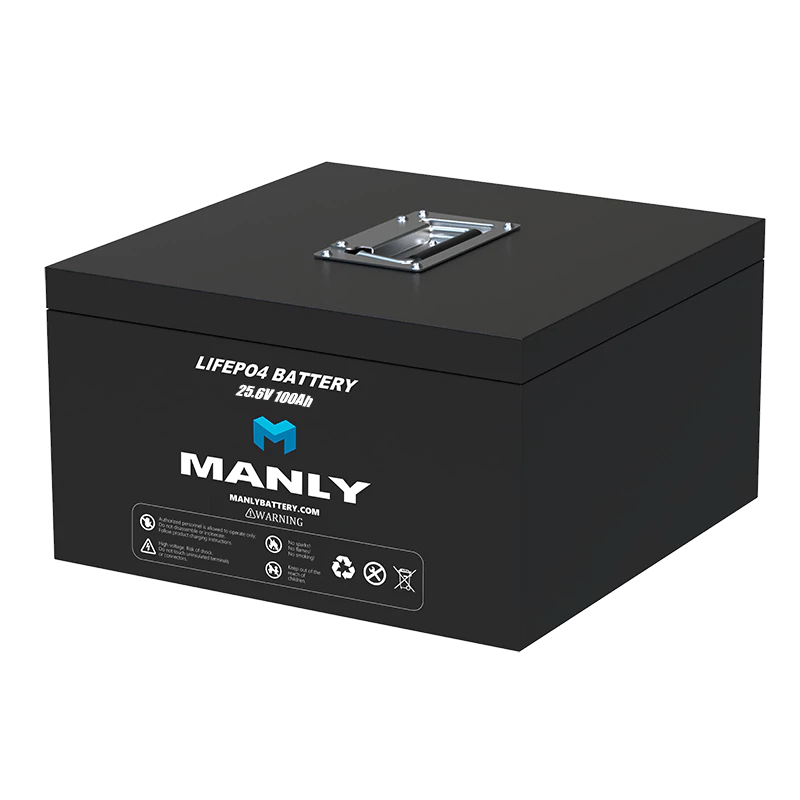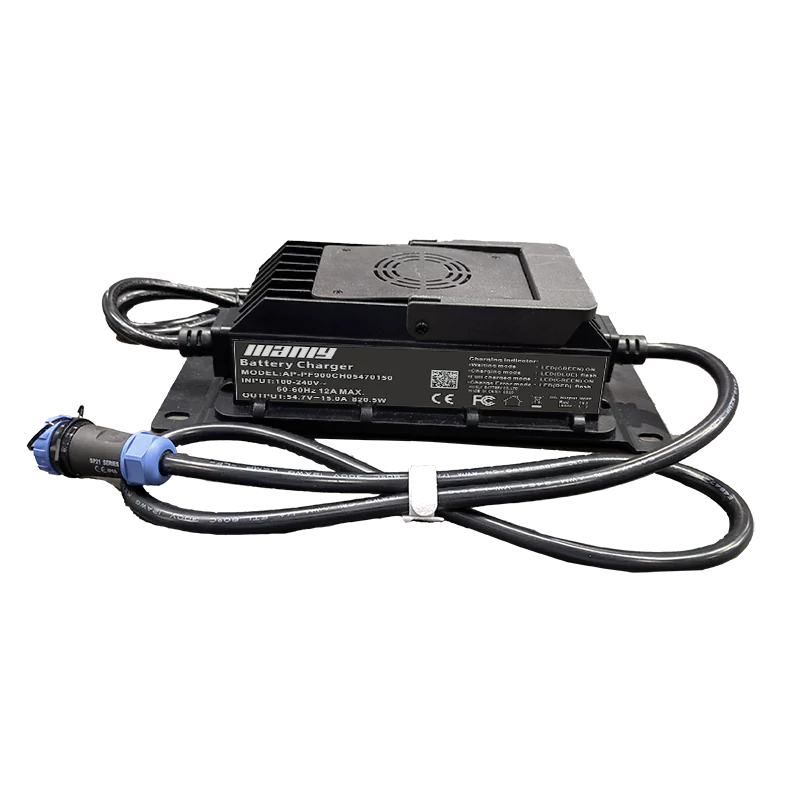Type of Forklift Battery: What Does a Forklift Use?
Table of Contents
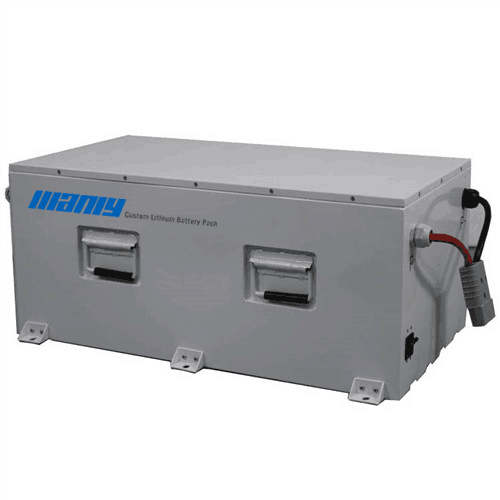
Types of Forklift Batteries: Lead-Acid Batteries
Forklift lead acid battery is the most common type of battery used in forklifts. These batteries are also known as wet-cell batteries because they use a liquid electrolyte made of water and sulfuric acid. The basic components of a forklift lead acid battery include a battery case, cells, cables, and the sulfuric acid-water mixture.Characteristics of Lead-Acid Batteries
Forklift lead acid battery is popular due to its relatively low cost. These batteries can last up to five years or more with proper maintenance. They are quite heavy, which can add to the overall weight of the forklift, making it less efficient in some scenarios. Another characteristic is the slow charging time; it typically takes about 8-12 hours to fully charge these batteries. This can be a significant limitation for operations that require quick turnaround times and continuous use of forklifts.Pros and Cons
One of the main advantages of forklift lead acid battery is affordability. This makes it a common choice for businesses aiming to reduce costs while still ensuring reliable performance. However, there are several drawbacks:- Weight: The heavy nature of these batteries can reduce the efficiency of the forklift.
- Charging Time: Slow charging (8-12 hours) can hinder operations that need rapid battery turnover.
- Cycle Life: These batteries have a shorter cycle life compared to other types, meaning they may need to be replaced more frequently.
Maintenance of Forklift Lead Acid Batteries
Proper maintenance is crucial for the performance and longevity of a forklift lead acid battery.Regular Checks and CleaningRegularly checking and cleaning the battery is essential. The battery should be kept clean and free from dirt and grime. Inspections should focus on identifying any potential issues such as damage to the battery case or cables.Electrolyte LevelsThe sulfuric acid-water mixture, or electrolyte, must be maintained at proper levels. A forklift battery watering system can help keep the electrolyte levels accurate. It's important to check that the electrolyte density is within the range of 1.28±0.01g/cm³. This ensures the battery functions efficiently and has a longer lifespan.Proper Charging PracticesUsing the correct charger for forklift lead acid battery is vital. Overcharging can lead to overheating, while undercharging can result in insufficient power. Both can reduce the battery’s lifespan. Following the manufacturer’s guidelines for charging is essential. It is also important to avoid overcharging and deep discharging. Overcharging can cause the battery to overheat and damage its internal components, while deep discharging can significantly reduce its lifespan.Safe StorageStore the battery in a cool and dry place. High temperatures can cause the battery to overheat and suffer thermal runaway, leading to damage. Ensuring the battery is kept in a well-ventilated area helps maintain its health.In conclusion, while forklift lead acid battery offers affordability and reliability, it requires diligent maintenance and careful handling to maximize its benefits and lifespan. Regular checks, proper charging practices, and maintaining electrolyte levels are key to ensuring these batteries perform efficiently over time.Types of Forklift Batteries: Lithium Ion Forklift Battery
Lithium ion forklift battery is becoming increasingly popular for powering forklifts. These batteries are known for their advanced technology and numerous benefits that make them an attractive choice for many businesses.Features of Lithium Ion Forklift Battery
Lithium ion forklift battery is characterized by its high energy density, meaning it can store a lot of energy in a small space. This makes the battery smaller and lighter compared to other types like forklift lead acid battery. As a result, forklifts using lithium ion forklift battery are more efficient and easier to maneuver. Additionally, these batteries have a long lifespan, often lasting several years longer than lead-acid batteries, depending on usage and maintenance.Another notable feature is the fast charging capability. Unlike traditional batteries that may take up to 12 hours to charge, a lithium ion forklift battery can often be charged within 1-2 hours. This rapid charging reduces downtime and increases productivity, which is crucial for businesses with high operational demands.(Upgrade to MANLY Battery's cost-effective custom lithium forklift batteries. Click here to get in touch!)Advantages of Lithium Ion Forklift Battery
Lithium ion forklift battery offers several significant advantages:- High Energy Density: These batteries store more energy in a smaller size, which is beneficial for space and weight management in forklifts.
- Long Lifespan: They typically last longer than lead-acid batteries. With proper care, a lithium battery can last several years beyond the average lifespan of lead-acid counterparts.
- Fast Charging Times: The ability to charge quickly—often within 1-2 hours—means forklifts can be back in operation much faster, reducing downtime significantly.
- Low Maintenance: Unlike lead-acid batteries that require regular watering and maintenance, lithium ion forklift battery requires minimal maintenance. There is no need to check water levels or clean acid spills, making them safer and easier to handle.
- Consistent Performance: Lithium batteries maintain their performance throughout their charge cycle. This means a forklift powered by a lithium ion forklift battery will operate at full power until the battery is nearly depleted.

